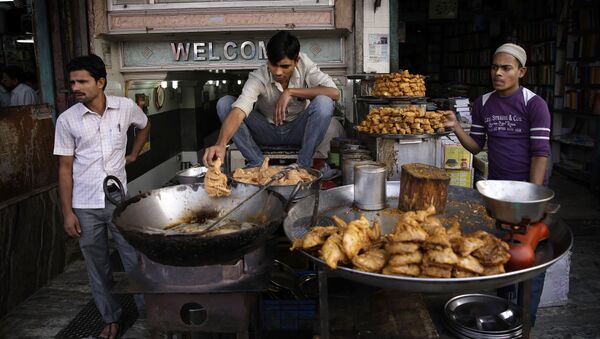India currently ranks among the top three countries along with China and the US who have been badly affected by this lifestyle disease. Globally too, then numbers have risen from 108 million in 1980 to 422 million, with half of them in India, China, USA, Brazil and Indonesia.
Long working hours, a sedentary lifestyle and rising junk food culture are contributing to the rise in diabetes in India, according to experts. All these factors have especially pushed a higher incidence of cases affected with Type-2 diabetes.
"The prevalence of diabetes in India is on the rise with around 70 million diabetes patients in the country. There are an equal number of patients with pre-diabetes, which is the first stage of the onset of diabetes," said Dr. A.K. Jain, an independent diabetic consultant.
The lack of awareness in the general population remains a concern but a major worry is the dangerous spike in child obesity. The WHO says a large chunk of Indian children have abnormal blood sugar levels and are prone to diabetes. Even the country’s judiciary- the Delhi High Court – took cognizance of this disturbing statistic and banned junk food in school premises. It ordered the national food and standards regulatory body to formulate and enforce guidelines on the availability of nutritious foods in school. This year, the state of Kerala levied 14.5 per cent 'sin' tax on branded junk food.
Many civil society organizations and pro-health and environmental bodies have tried to increase awareness on the issue. The prestigious Centre for Science and Environment has launched an application to monitor personal dietary habits.
But the overall effort seems to be inadequate considering the magnitude of the public health scare which may pose a bigger challenge for India than terrorism in future.





